TEHRAN(Bazaar) – Professor Frank N. von Hippel, former assistant director for national security in the White House Office of Science and Technology, says it would be good if the anthropogenic uranium issue similarly could be settled before the JCPOA comes back into force.
He adds “Both Iran and the IAEA should work constructively and creatively to make that happen.”
Following is the text of the Bazaar interview with Professor Frank N. von Hippel.
Q: Considering the protests in Iran and the positions of people like Robert Malley, some experts believe that America is trying to separate nuclear negotiations from other issues. What is your assessment?
A: I believe and hope this is the case. Issues of nuclear nonproliferation/disarmament and issues of human rights are both important but progress on one should not be held hostage to progress on the other.
Q: The director general of the International Atomic Energy Agency says that the dialogue with Iran on the issue of nuclear safeguards has resumed. To what extent is this issue influential in the process of Iran's nuclear negotiations?
A: I believe you are referring to the IAEA asking for explanations of the presence of particles of anthropogenic (human-produced) uranium at three sites in Iran. My understanding is that Iran wants that issue settled before it rejoins the JCPOA but that the IAEA’s position is that the two matters are not linked. The IAEA did, however, issue a final report on the possible military dimensions of Iran’s pre-2003 nuclear program before the JCPOA came into force. It would be good if the anthropogenic uranium issue similarly could be settled before the JCPOA comes back into force. Both Iran and the IAEA should work constructively and creatively to make that happen.
Q: Iran has expressed readiness to resume negotiations. What is your assessment of this issue?
A: My understanding (perhaps out of date) is that Iran has two requirements: i) That the issue of the anthropogenic uranium particles be settled, and ii) That the US guarantee that it will again defect from the agreement. I have addressed i) in my answer 2). For ii), on the US side, the JCPOA is an Executive Agreement, not a Treaty. The Biden Administration has correctly pointed out that, unfortunately, it cannot guarantee that a future president will not defect from the JCPOA again. If both sides can be realistic in their requirements, however, I hope that they can together construct a path forward to a return to the JCPOA.
Q: Sputnik, which is a Russian media, recently quoted a Russian official and announced that the nuclear talks will resume next month. Do you think the negotiations will start on this date?
A: I don’t know.
Q: It seems that after the US congressional elections, it is the right time for the Biden administration to start nuclear negotiations with Iran. What is your assessment?
A: Both sides may have decided to wait until after the US Congressional elections on November 8. The results of those election will be extremely important to the future of democracy in the United States, but I do not think they will make the politics of the JCPOA in the US during the next two years much more difficult or much easier. As long as Biden is president, I think he will be able to assure US compliance with the JCPOA.

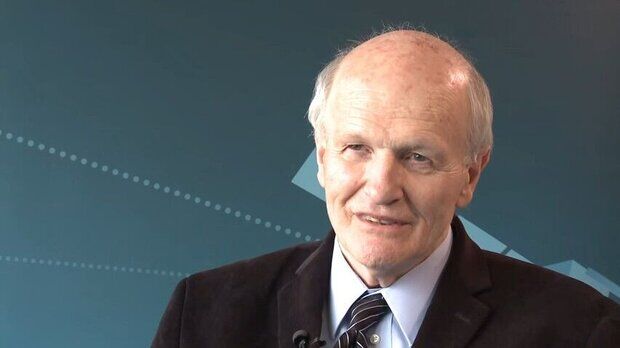



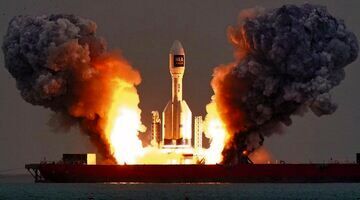
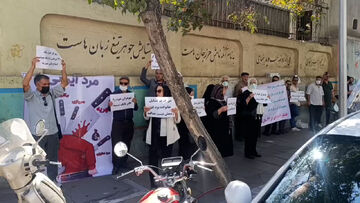

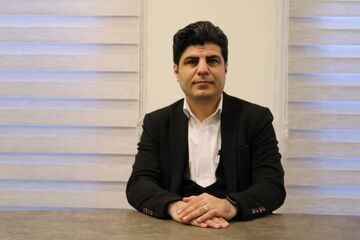
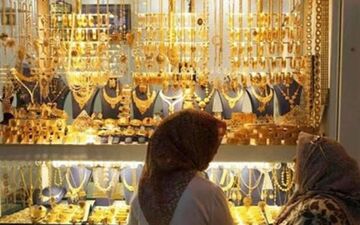
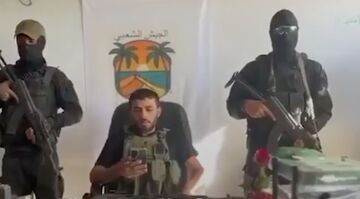
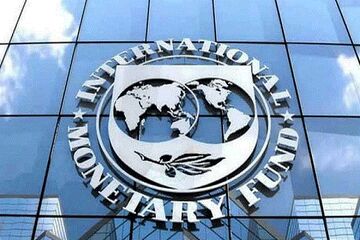
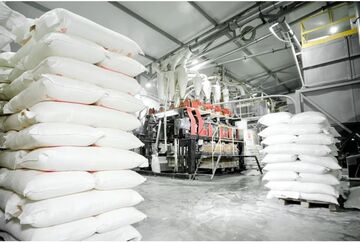
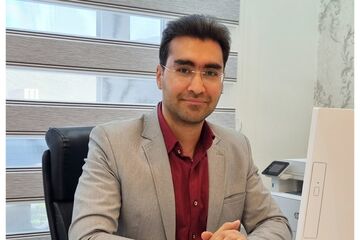
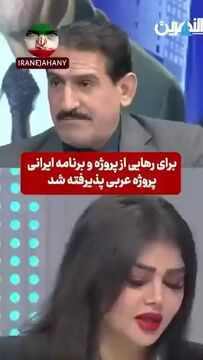
نظر شما